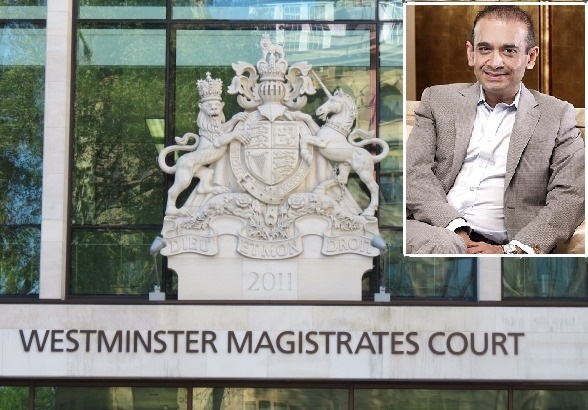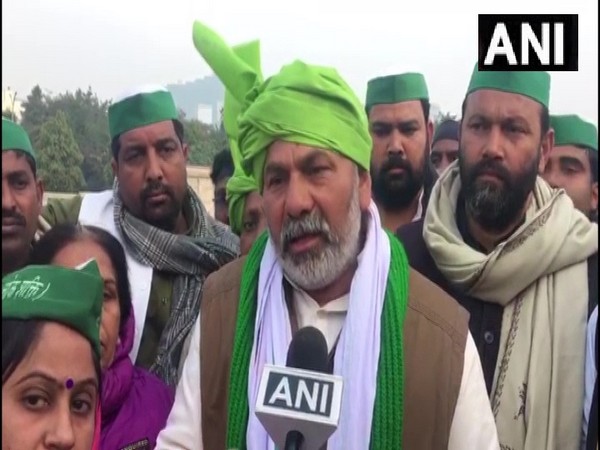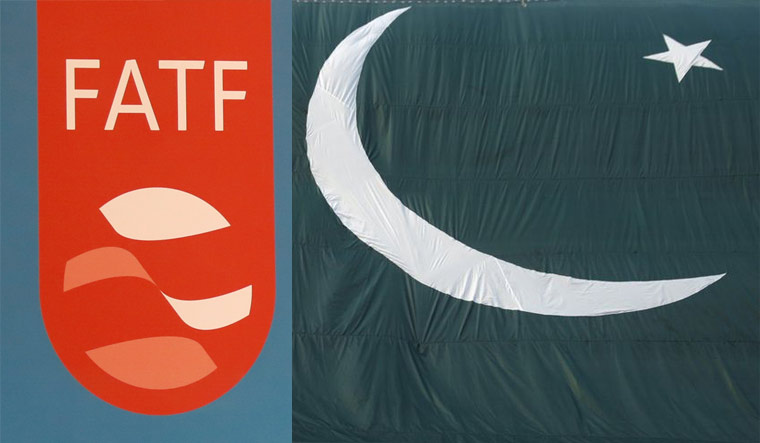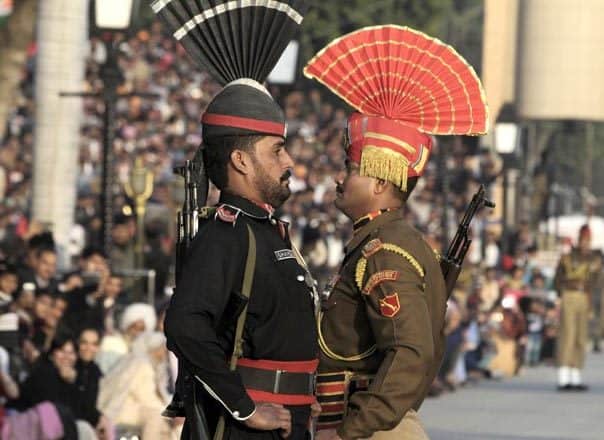It was clear in the earlier stages of Nirav Modi’s extradition trial in the Westminster Magistrates Court that the judgement would likely go in India’s favour, when the judge once remarked that he was bound by the ruling in the Vijay Mallya case delivered in the same court in December 2018. Thus, the February 6 judgement recommending Modi’s extradition to the UK home secretary on the ground that there is a case for him to answer in India was not exactly a surprise. But of more interest are the judge’s remarks on Justice Markandey Katju, who deposed on behalf of Modi, and on the Arthur Road jail in Mumbai, where Modi (and Mallya) are to be lodged.
In the UK’s complex extradition arrangements, the magistrates court is the first stage. After all legal avenues are exhausted, the home secretary makes the final decision. Modi will most likely now appeal to the high court within 14 days, as stipulated in the judgement, which means that his actual extradition to India is unlikely to happen anytime soon. Mallya also lost in the magistrates court, as well as in the high court, exhausted all legal options, but remains in the UK, awaiting disposal of a confidential legal matter widely believed to be an asylum application. But unlike Mallya, who remains on bail, Modi is incarcerated in the Wandsworth jail in west London, having been denied bail on several occasions.
The high-profile Mallya trial forced Indian officials in New Delhi and London to make a better case in terms of evidence, response and quality of paperwork. Several previous cases failed due to poor quality of evidence that did not hold up in British courts. Better preparation was evident in the Modi case also, given the volumes of paperwork, data and evidence presented to the court, but some gaps remain, as the judgement notes: “Unlike the evidence from the Defence, the evidence produced by the GOI in the case, through no fault of Counsel, was poorly presented and very difficult to navigate. Observations I note were similarly made by the Senior District Judge…in (the) Mallya (case). I hope the GOI take these observations on board in relation to future requests”.
ALSO READ: Vijay Mallya Offers To Repay 100% Dues
Justice Katju’s deposition by videolink from New Delhi in September was not without drama. Often agitated by questions by the Crown Prosecution Service lawyer, at one point he told her: “I know more English literature than you”, besides making some sensational claims about India’s judiciary and actions of the BJP government.
District Judge Samuel Goozee rejected his deposition in Thursday’s judgement with these words: “In cross-examination, Justice Katju made some astonishing, inappropriate and grossly insensitive comparisons…I attach little weight to Justice Katju’s expert opinion. Despite having been a former Supreme Court judge in India until his retirement in 2011 his evidence was in my assessment less than objective and reliable. His evidence in Court appeared tinged with resentment towards former senior judicial colleagues. It had hallmarks of an outspoken critic with his own personal agenda”.
Secondly, the judge upheld India’s assurances and details of the Arthur road jail, which has been a subject of prolonged arguments and counter-arguments in the Mallya and Modi cases. Allegations that conditions in Indian jails pose a risk to human rights have been one of the key issues cited by the defence team (same in both cases) to object to the extradition.
ALSO READ: Nirav Modi’s Assets Worth ₹329 Cr Attached
Sovereign sassurances were provided by the Union home ministry that Modi would have access to medical and other facilities in Barrack number 12 of the jail. A detailed video of the cell was also presented to the court, which encouraged the judge to say that conditions in the Mumbai jail would be better than the current ones he is facing in the Wandsworth prison.
The judge said: “There is no doubt in my mind that the conditions (Modi) will experience in Barrack 12 are far less restrictive and far more spacious than the current regime he is being held in within the prison estate in our own jurisdiction… (The) regime awaiting (Modi) in Barrack 12, when you consider the video, would I have no doubt, be an amelioration of his current conditions of detention, especially when considered alongside the extensive assurances provided by the GOI”.
Modi is the latest of several individuals facing serious charges who have sought refuge in the UK. The long-drawn out legal routes in the extradition process, with avenues to appeal, ensure that actual extradition, if it happens at all, is not easy from India’s perspective. The Mallya and Modi cases demonstrate a new, pro-active approach from New Delhi to bring back individuals facing serious charges, but as these two cases show, eventual extradition remains something of a challenge for New Delhi.






